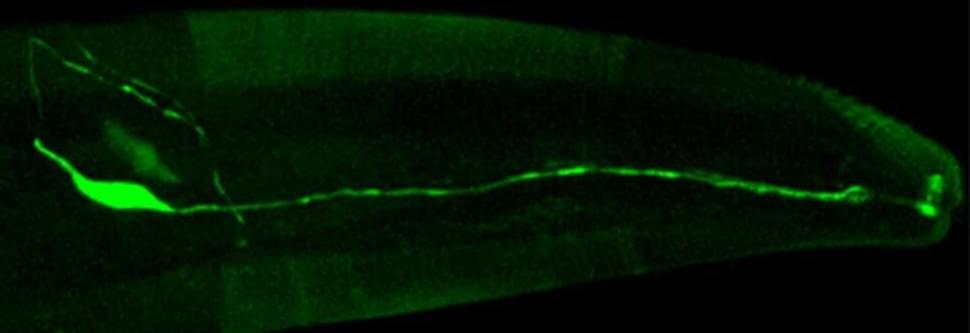Most neurons in the human brain are generated from neural stem cells during embryonic development. After birth, a small reservoir of stem cells remains in the brain that keeps on producing new neurons throughout life. However, the question arises as to whether these new neurons really support brain function? And if so, can we improve brain capacity by increasing the number of neurons? The research group of Prof. Federico Calegari at the Center for Regenerative Therapies Dresden (CRTD) of TU Dresden has answered these questions, now published in the EMBO Journal.
In their latest study, the scientists analysed healthy adult mice in which the small reservoir of stem cells was manipulated in order to increase in number. As a result, the number of neurons, generated from these stem cells, also increased. In mice, these neurons mainly populate the brain area responsible for interpreting odours. In fact, olfaction is one to the most powerful senses in mice, fundamental for finding food and escape from predators. As powerful as the sense of smell naturally is in mice, in the following behavioural experiments the scientists found that mice with more neurons were able to distinguish extremely similar odours that normal mice failed to. Hence, this study is fundamental in proving that stem cells can be used to improve brain function.
“Evolution gave mice an extremely sensitive olfactory system. It is amazing that by adding few neurons we could improve something that seemed already close to perfection,” states Prof. Federico Calegari. “This study sets the basis for our research, which now is focused on finding out whether we could apply our strategy as a therapeutic approach in neurodegenerative models.”








